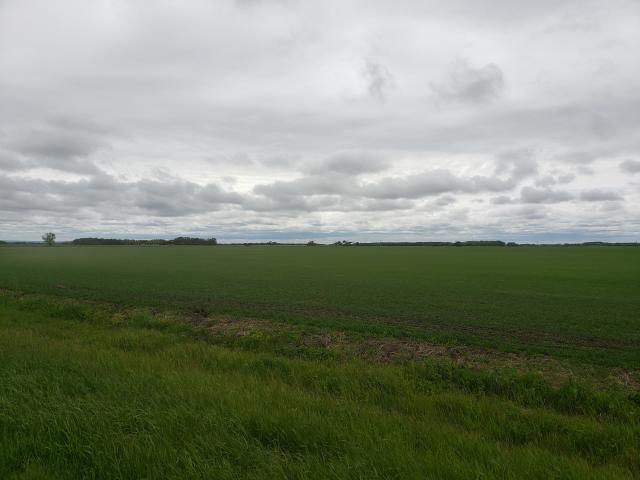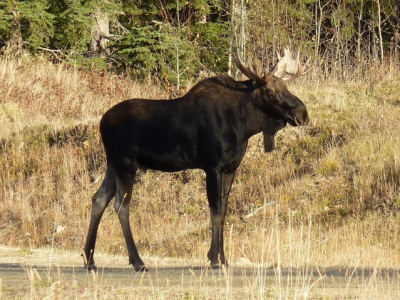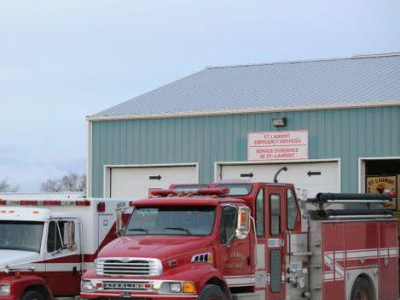Another week, and another crop report filled with less-than-ideal conditions.
The rain was fairly isolated, but still unwelcome, as most areas in Agro-Manitoba have received well over 150% of expected rainfall since may 1st.
The Northwest region had the second-highest rainfall, and the highest minimum, with 44.3mm in Birch River and 8.2 mm in Reedy Creek respectively.
Paired with this were fewer than average growing degree days, which have slowed down early plant growth a fair bit.
Notably, Provincial seeding progress is about 92% complete and behind the 5-year average of 96% for the second week of June.
Spring cereals, peas, and grain corn are approximately 97% complete. Canola and soybean planting advanced as well, with 88% of canola acres and 92% of soybean acres planted.
Many of the unseeded acres are expected to be planted to canola.
Fall rye crops are generally at full head emergence, and winter wheat is following closely behind it.
Spring Cereals are rapidly approaching completion, with Spring wheat seeding at 98% complete, barley and oats at 97% and grain corn at 98%.
Oil Seeds continue to struggle, Sunflower planting is at 61% completion across the province, canola at 88%, and flax at 76%
While both Flax and Canola have decent growth, Sunflowers are struggling with the cooler weather.
Pulse and soybeans are near completion, but seem to be stalled by standing water, as they haven't moved much from last week.
Field pea planting is at 97% completion across the province, Soybeans at 92%, and Dry bean planting is at 86%.
The pastures sure have greened up with all the rain, but like everything else, it needs a good boost of sunshine to really kick-start growth.
The extra water has raised some concern when it comes to foot rot in cattle herds though, so many producers are aiming to keep their cattle in the high ground.
Breeding season has begun on some farms, with bulls being placed with cow herds.
Producers are checking their fences and carrying out necessary maintenance work ahead of the grazing season.
Moving closer to home, the Northwest region again saw cool, cloudy, and windy conditions for most of the week along with scattered showers.
Seeding is continuing where possible, with some acres being seeded around potholes.
The strong wind drew away a minuscule amount of moisture but created a lot more difficulty for Herbicide applications.
Plenty of crops are feeling the stress of standing water.
that being said, Winter wheat and fall rye have begun heading.
Approximately 92% of spring wheat is seeded and the earliest seeded wheat is tillering. Canola is approximately 80-85% complete, with further progress in the Roblin and Swan River areas.
Stages of canola are varied due to the challenges of seeding this spring. Most advanced canola is at the 2 to 4-leaf stage.
Soybean crops continue to emerge and most advanced soybeans are in the unifoliate stage. Field pea seeding is complete and most fields have emerged.
Flea beetles have also begun to become a problem, and some canola did need reseeding due to the damage.
A week of solid sunshine and warmer temperatures is what's on everyone's mind, as it would cause a speedy end to seeding and much-needed growing degree days.
Until next week, We here at CKDM wish everyone a safe, speedy, and productive season.







